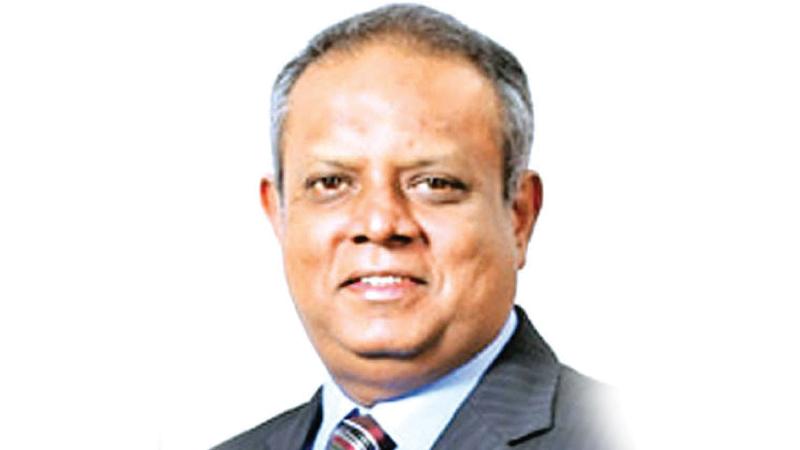
The 2022 Budget should focus on reviving local export-oriented industries including manufacturing, expansion and value-addition of the export basket which currently stands at less than 30 percent in terms of inputs, said top business personality Ramal Jasinghe.
He said the country has entered some interesting and challenging times in the backdrop of a recovery from the pandemic and is facing an enormous challenge to revive the economy in key areas such as developing exports, improving industrial, manufacturing, service, IT and finance sectors.
The need to generate more foreign exchange, improve productivity, create a balance of trade and most importantly to increase value addition in the export of goods and services are vital areas, which the proposed ‘Non Traditional Budget’ to be introduced to the nation would surely address, Jasinghe said.
Despite the recent obstacles, the export sector recorded an impressive growth of 70 percent of its exports earning target over the preceding three quarters of the year with the merchandising and service sectors recording a remarkable performance. Traditional exports such as tea – contributing heavily to the performance of agricultural exports, spices, garments, industrial goods, rubber and petroleum products, beverages and tobacco performed well during the period in review.
Citing Central Bank data, Jasinghe said the deficit in the trade account widened on a year-on-year (y-o-y) basis to US dollars 586 million in August 2021, compared to US dollars 342 million recorded in the corresponding month of 2020. The cumulative deficit in the trade account from January to August 2021 also widened to US dollars 5,509 million from US dollars 3,812 million in the corresponding period of 2020.
In terms of trade, the ratio of the price of exports to the price of imports deteriorated by 19.2 percent in August 2021, compared to August 2020, as the increase in import prices surpassed the increase in export prices.
The export volume index and the export unit value index increased by 13.9 percent and 2.0 percent, respectively, on a y-o-y basis, in August 2021. This indicates that the increase in export earnings, in August 2021, was mainly due to volume effect.
Facilitation of a business-friendly infrastructure including logistics and transportation, a single window documentation facility for exports, an enhanced role of R&D to encourage product development and boost the local value addition efforts with regard to inputs, which will increase the price of export over the import expenditure are some of the major issues of the export sector that needs urgent attention, Jasinghe said, adding that granting facilities to exporters who contribute in terms of value addition of inputs well over the present levels and involving the scientific, marketing and academia to support the sector is crucial.
However, he said the exporter community is concerned with regard to the recent Gazette on the Repatriation of Export Proceeds which could have an impact on the operations of entities, particularly in the industrial and manufacturing sector.
The exporter community will engage with the authorities to address this situation.
The country will look forward to a budget particularly on allocations and expectations concerning the development of the health sector in the post Covid era, emphasising on the procurement of vaccines including booster shots, and developing a sustainable post Covid health infrastructure.
The creation of employment, inward looking policies to include gender equality and inclusion of the female workforce into the developing local economy through employment generation and entrepreneurship, education and vocational training – to stem the brain and labor drain, climate change, the Implementation and introduction of Organic Fertiliser and addressing its impact, the development of Local Industries, Tourism, developing a conducive environment to generate FDIs, facilitating the proliferation and inclusion of the MSME (Micro, Small, and Medium Enterprises) reviving the economy, developing a sustainable social security safety net, via banking, non banking financial services and Insurance sectors developing savings, investment and protection instruments, and addressing the prohibitive and fluctuating price of commodities that have a direct bearing on the Cost of Living and protecting the well-being of households, and enhancing private sector involvement in playing a major role in the implementation of the Budget proposals, Jasinghe said.
